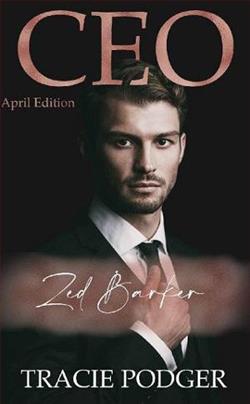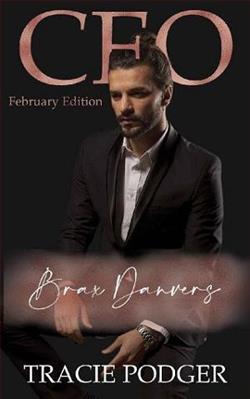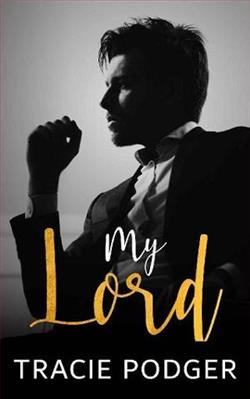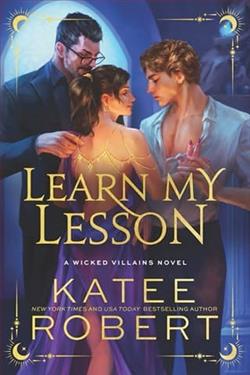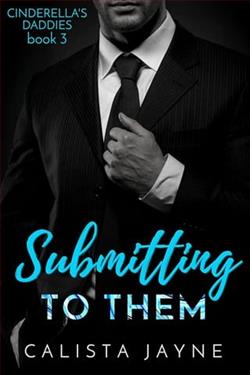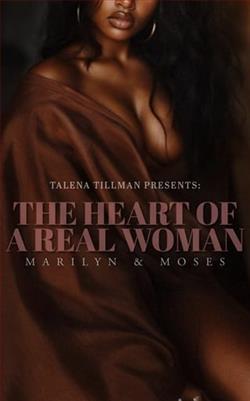Page 49 of Badlands
“And then, years later, two of the followers go off into the desert, strip naked, and die horribly—probable suicides. And they’re carrying these rare, ancient artifacts. One could make an argument for cult-like behavior.”
Sharp tilted his head. “And yet they and Oskarbi’s other students went on to lead productive careers and lives. Normal. Respected.”
“I’m aware of that, sir. I did some research into the FBI databases about cults, and you’re right, it’s clear that in many aspects this does not resemble a cult. The two women were successful and confident, no drug or alcohol issues that we know of, nomental disorders, they weren’t abused as children—they’re not the kind of easy pickings a cult leader is on the lookout for. And speaking of cult leaders, Oskarbi vanished twelve years ago—so it seems unlikely he’s still running a cult here from wherever he is. There’s no indication of recruiting new members.”
“So,” said Sharp, “seems to me you just made an excellent argument why it isn’t a cult.”
“And yet,” said Corrie, “there’s the suicidal behavior, which looksverycultish. As I see it, these interrogations now are a chance to make sure these former Oskarbi students reallyarenormal—and not hiding something.”
Sharp gave a slow nod. “And how do you propose to do that?”
Corrie had thought about this. “I propose to get in their faces.”
“And why do you think that will work better than, say, nonconfrontational questioning?”
“As you said, sir, they seem to be leading normal, productive lives. If that’s just a front, I want to see if we can’t break through and see what’s behind it.”
“And Agent O’Hara’s role?”
Corrie swallowed. “Good-guy, bad-guy routine. I know it’s hackneyed, but it works.”
Sharp turned. “Agent O’Hara—how do you feel about this?”
“We discussed it already and I’m game,” said O’Hara. “I don’t mind playing the good guy to her bitch—I mean, her bad guy. Sorry.”
At this, Corrie laughed. “No,bitchis okay.Bitchis good. Let’s call in the first one.”
Corrie watched through the glass as the first, Morgan Bromley, was led in by two officers; seated; and offered a cup of coffee or a soft drink, both of which he refused. Then they left him to sitalone in the room for five minutes—SOP. He was fit, at least six feet, four inches tall, handsome, clean shaven with deep-set brown eyes and an aquiline nose, his prematurely gray hair gathered in a long ponytail.
“Okay,” said Corrie, after the five minutes were up. “Let’s roll.”
Sharp stayed behind to watch, while Corrie and O’Hara left the observation nest and entered the interview room. Bromley sat at the table, an arrogant expression on his face.
“Mr. Bumly,” began Corrie, “I am Agent Swanson, and this is Agent O’Hara.”
“That’sBromley,” the man said, “and it’sDoctor. I have a PhD.”
Corrie didn’t apologize. She just smirked. O’Hara took a seat on the opposite side of the table while Corrie remained standing.
“Dr. Bromley,” Corrie said, “we’re recording this interview, and you are under oath. Please state your name, occupation, and confirm this interview is voluntary and that you understand you’re free at any time to request an attorney or leave.”
“Dr. Morgan C. Bromley, PhD, professor, librarian, and archivist, New Mexico State Library. As for being here voluntarily, I was threatened that if I didn’t come in, I might be subpoenaed.”
“Please give a yes or no answer: Are you here voluntarily?”
“Yes. I suppose.”
“Let the record state,” said Corrie in a loud, unpleasant tone, “that the witness is here on a voluntary basis. Now, Mr. Bromley—”
“Dr.Bromley.”
“My first question: Were you aware that Professor Oskarbi was sleeping with many of his female students—your colleagues?”
“What kind of question is that? What are you, the morality police?”
Corrie privately gave the man points for this comeback, but she kept her face tight and bitchy. “Please answer the question.”
“Do I have to answer?”








